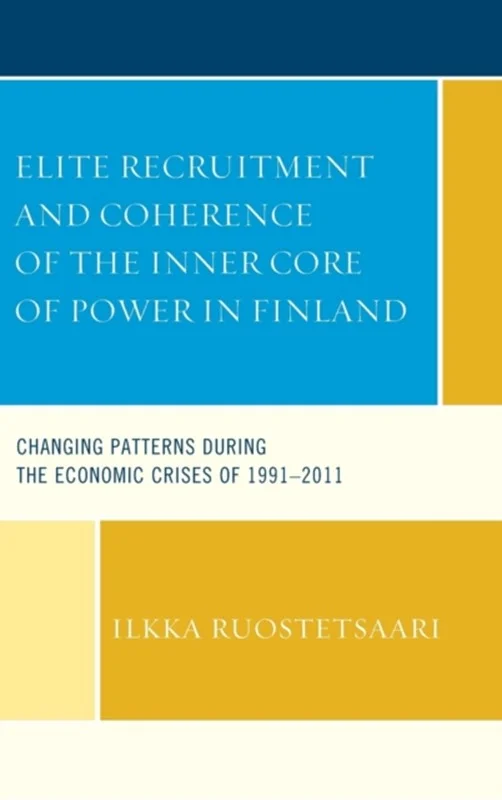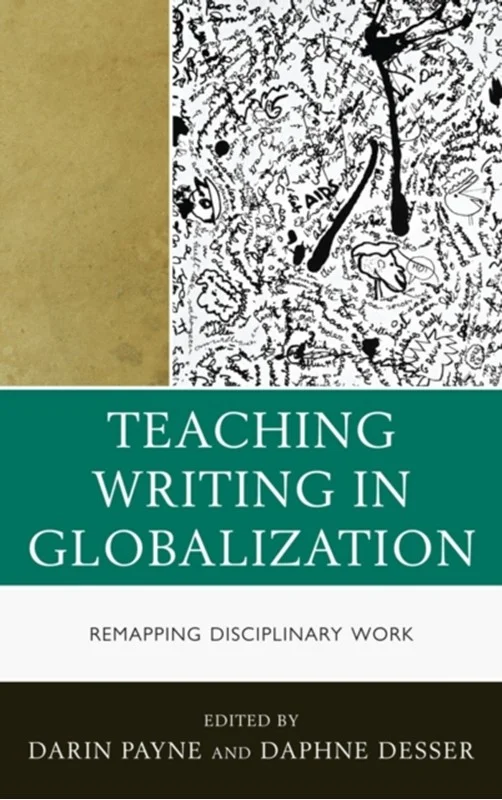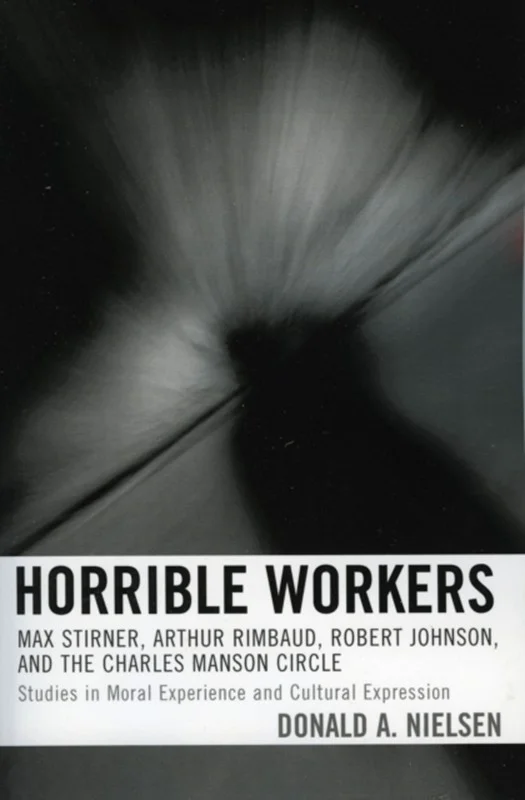Horrible Workers - Donald A. Nielsen - Bog - Lexington Books - Booktok.dk
The poet makes himself a seer by a long, boundless, and systematic derangement of all the senses_. What if he is destroyed in his flight through things unheard of and unnamed: other horrible workers will come; they will begin at the horizons where the other has fallen. In Arthur Rimbaud''s letter to Paul Demeny Rimbaud describes the poet''s role as being something like a trickster. But the poet''s trick, or joke, is self-directed. A long dissociation of the senses from reality creates, for the poet, a new relationship to reality. But the poet''s work with reality is always something like a play at what is real. Play becomes necessary so that the poet doesn''t just change his or her relationship to reality but, in playing, creates a space for poetics; a space for work. The French poet Arthur Rimbaud, American blues musician Robert Johnson, German anarchist intellectual Max Stirner, and the phenomena of the Manson family circle have all appeared as forms and figures on the invisible horizon described by Rimbaud above. Through a reading of EmilZ Durkheim''s Suicide Donald Nielsen demonstrates how, in each case, one can locate hitherto unnoticed similarities in the social experiences of each subject featured in these four cases. Nielsen demonstrates how social experience can lead to forms of cultural expression that are contrary to the logic of the originating experience. In his discussion of experience and expression Nielsen creates a truly unique text that sheds new light on sociological theory, modernism and modernist thought, ethics and religious thought, and new and burgeoning methodologies in cultural studies. Sociologists, anthropologists, psychologists, philosophers of the social sciences, and adherents to cultural studies will find much of interest in Nielsen''s excellent study.































